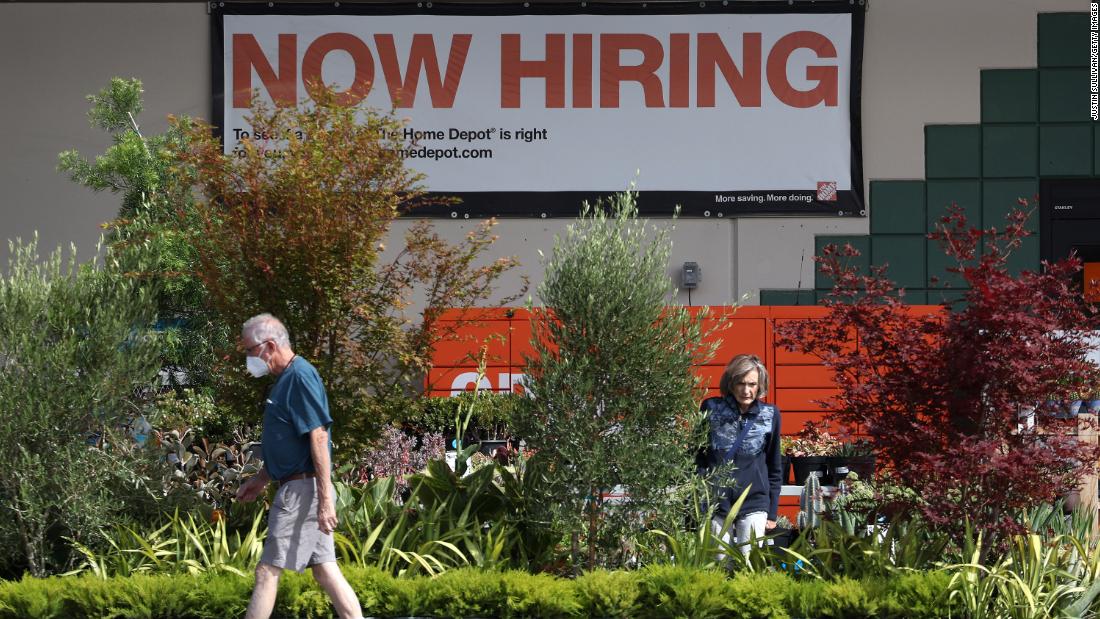A series of events in the past 10 days suggest those recession calls are, at a minimum, premature.Yes, the economy is cooling off after last year's gangbusters growth.
Consider the following developments:The economy added more than half a million jobs in July alone.The unemployment rate dropped to 3.5%, tied for the lowest level since 1969.Inflation chilled out (relatively speaking) in July for both the consumers and producers.Gas prices tumbled below $4 a gallon for the first time since March.Consumer sentiment has bounced off record lows.The stock market notched its longest weekly winning streak since November.Mark Zandi, chief economist at Moody's Analytics, has only grown more confident that the US economic recovery is intact."This is not a recession.
Of course, none of this means the economy is healthy.
A recession remains a real risk, especially next year and in 2024 as the economy absorbs the full impact of the Federal Reserve's monster interest rate hikes.
And it remains possible that the economy stumbles so much in the months ahead that economists at the National Bureau of Economic Research, the official arbiter of recessions, eventually declare that a recession began in early 2022.
The United States added a staggering 528,000 jobs last month, returning payrolls to pre-Covid levels.
An economy that's in recession doesn't add half a million jobs in a single month."I don't think anything in the data about where we are right now in the economy is consistent with what we typically think of as a recession," Brian Deese, director of the White House National Economic Council, told CNN in a phone interview last week.If anything, the job market is too hot.
And that is a problem for the months ahead because it allows the Federal Reserve to aggressively raise interest rates without resulting in widespread damage to the labor market in its bid to slow the economy down.
The risk is that the Fed ends up slamming the brakes so hard that it slows the economy right into a recession.
It has preceded every recession since 1955.
In all, recent economic data suggests that the potential recession may have been delayed, not canceled altogether.While the risk of a recession over the next six to nine months appears to have gone down, Zandi said, the risk of one in the next 12 to 18 months has gone up."Recession odds are still uncomfortably high," he said.
